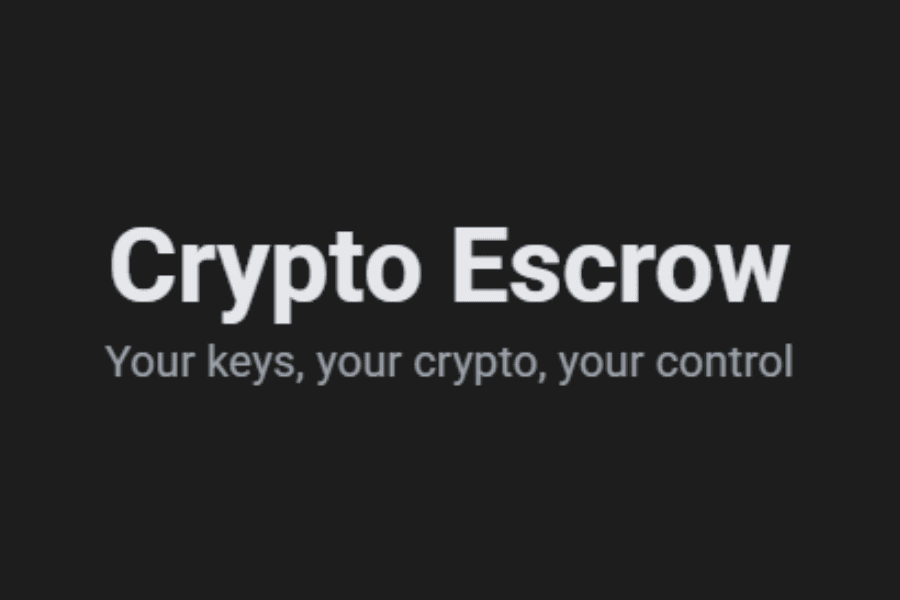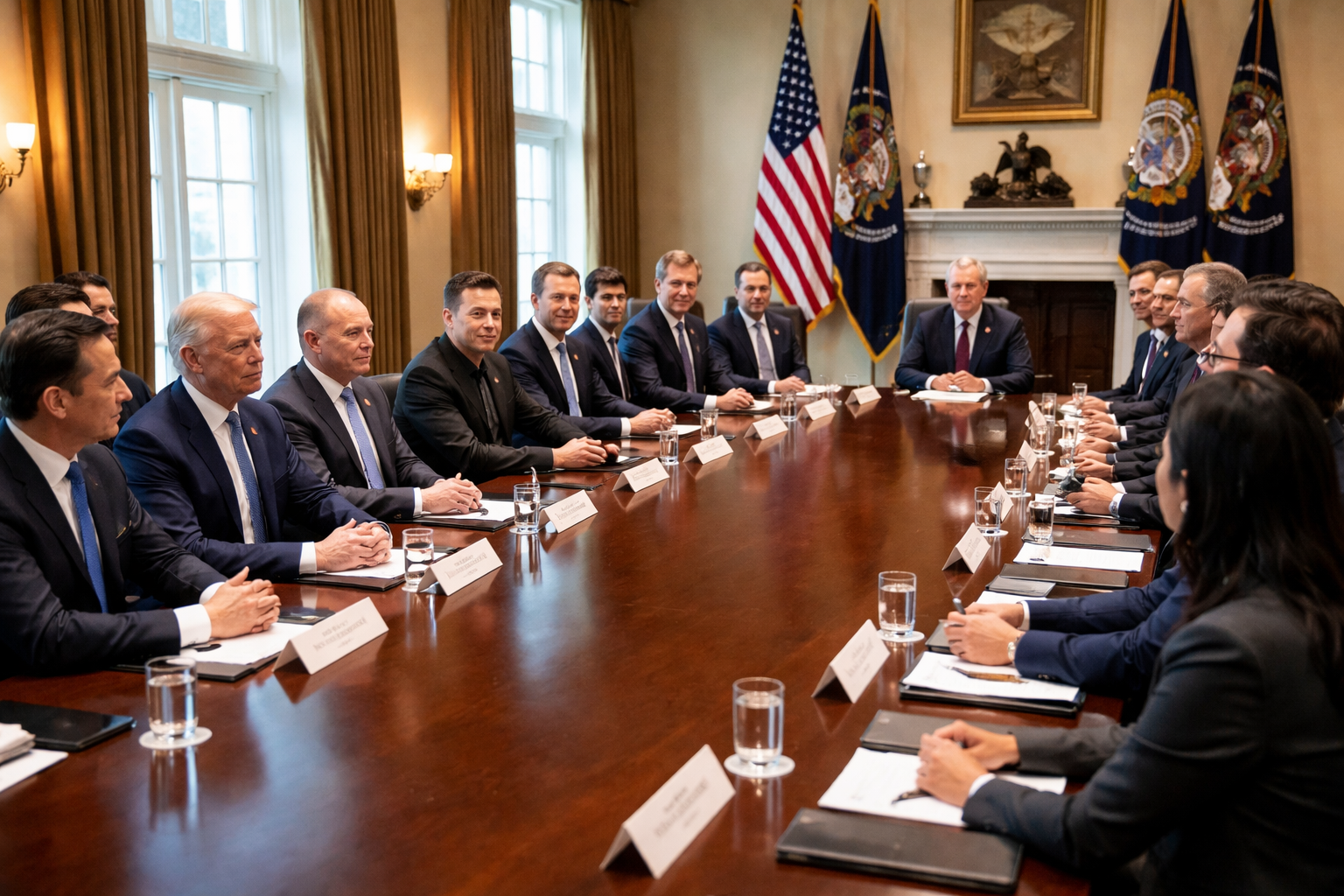Cryptocurrency News
Dubai Partners With Crypto.com To Accept Crypto Payments For Government Services

Introduction
Dubai has always positioned itself at the forefront of innovation, whether in architecture, tourism, or finance. In a groundbreaking announcement that reverberated across the global crypto industry, the government of Dubai has formalized a partnership with Crypto.com, enabling residents and businesses to use cryptocurrency for paying public service fees. This unprecedented move sets a new global benchmark and highlights Dubai’s growing role as a central player in the blockchain and digital finance ecosystem.
The decision reflects both a local and international trend toward decentralized finance (DeFi), underscoring Dubai’s ambitious commitment to its “Dubai Blockchain Strategy” and its aspiration to become the world’s first blockchain-powered government.
Why Dubai’s Decision Is Monumental For The Global Crypto Landscape?
This isn’t just another crypto pilot program or limited-use trial. Dubai is the first government to roll out crypto payments at scale for public services. That includes:
- Business registration
- Licensing and permit issuance
- Real estate transaction fees
- Traffic fines
- Municipal payments
Residents and companies will now be able to complete these transactions using major cryptocurrencies such as Bitcoin (BTC), Ethereum (ETH), and Crypto.com’s native token CRO, through the Crypto.com Pay gateway.
This signals a mature regulatory shift where crypto is not just tolerated—but fully embraced at the government level.
How The Crypto.com Partnership Works?
At the core of this initiative is Crypto.com Pay, a payment gateway developed by the global exchange to facilitate seamless and secure crypto transactions. The system allows users to pay with various cryptocurrencies, which are instantly converted into the local fiat currency (UAE Dirham) through a regulated conversion process. This ensures that:
- Government departments do not hold or manage volatile crypto assets directly.
- Payments are recorded and settled in local currency without burdening legacy systems.
- The user experience remains intuitive, offering mobile and desktop interfaces.
In practice, citizens will simply choose the Crypto Pay option at checkout when using Dubai government portals. From there, they select the token, approve the transaction, and receive confirmation—all within seconds.
Government Statements And Strategic Vision
Dubai’s Department of Economy and Tourism (DET), which led the initiative, stated that the move is part of a wider mission to digitize 100% of government services by 2030. A government spokesperson noted:
“We are redefining service delivery by integrating decentralized technologies that are fast, efficient, and borderless. This partnership helps us remove financial barriers and position Dubai as a hub for digital innovation.”
Crypto.com CEO Kris Marszalek also praised the partnership:
“This collaboration sets a global precedent. Governments around the world are observing how crypto can be implemented into traditional frameworks. Dubai is showing it can be done securely, efficiently, and with broad accessibility.”
The Role Of The Dubai Blockchain Strategy
Launched in 2016, the Dubai Blockchain Strategy aims to make Dubai the first city fully powered by blockchain by 2030. This includes:
- Paperless government operations.
- Blockchain-based real estate transactions.
- Blockchain integration in healthcare and education.
- Crypto-enabled citizen portals.
This partnership with Crypto.com is not an isolated incident, but rather the culmination of nearly a decade of strategic policy planning. In 2023, Dubai launched VARA (Virtual Assets Regulatory Authority), which paved the way for major crypto exchanges like Binance, Kraken, and now Crypto.com to set up regional headquarters in the city.
Implications For Businesses And Entrepreneurs
For entrepreneurs, small businesses, and startups, this new payment option brings several advantages:
- Faster transaction settlement compared to bank transfers.
- Lower payment processing fees compared to credit card networks.
- Access to global customers who may prefer paying in crypto.
- Greater transparency and traceability through blockchain records.
Companies operating in Dubai Free Zones or international startups with a crypto treasury can now pay for licenses and operational fees directly from their wallets.
This drastically reduces the complexity and time traditionally required for compliance and registration.
Public Reception And Market Response
The news has sparked a surge in interest across global crypto markets, especially among institutional players who view government integration as a milestone for long-term adoption. The native token CRO saw a notable spike in value following the announcement, and social media platforms lit up with excitement about Dubai’s bold move.
A survey by Cointelegraph revealed that 71% of Dubai residents aged 25-40 support crypto payments for government services, especially in areas such as real estate and business licensing.
Many industry analysts also see this as a test case that could influence how governments in Singapore, Switzerland, and even the U.S. explore similar integrations in the future.
Security, Regulation And Compliance Infrastructure
Security and compliance are at the heart of this initiative. Crypto.com is a fully licensed exchange under Dubai’s VARA, and the payment system integrates KYC (Know Your Customer) and AML (Anti-Money Laundering) checks during the transaction process. Additionally, the system ensures:
- Transaction limits are in place to prevent misuse.
- Full transaction audits can be performed using blockchain explorers.
- Payments are encrypted using end-to-end security standards.
This level of oversight is designed to reassure skeptics who worry about the potential risks of fraud, money laundering, or tax evasion.
Future Roadmap: More Than Just Payments
Looking ahead, both Dubai and Crypto.com have hinted at future expansions of the program, including:
- Tokenizing utility bills and allowing smart contract-based recurring payments.
- Cross-border government-to-government (G2G) transactions using blockchain.
- Public sector token issuance and citizen loyalty programs.
- Expanding payment options to include stablecoins and digital dirham (e-AED).
There are also talks of launching an educational program to help residents understand how to manage wallets and secure their assets, emphasizing financial literacy in the digital age.
Conclusion
Dubai’s decision to integrate cryptocurrency payments into its government framework is a landmark development for both crypto and public policy. With a clear regulatory approach, strong technical partnership, and a commitment to citizen accessibility, this initiative bridges the gap between traditional governance and decentralized finance.
More than a fintech experiment, this is a global statement—a message that crypto has evolved beyond speculation and hype. It is now infrastructure. And Dubai, once again, is leading the way. As the crypto world watches closely, one thing is certain: the future of finance has arrived—and it is borderless, digital, and powered by blockchain.











